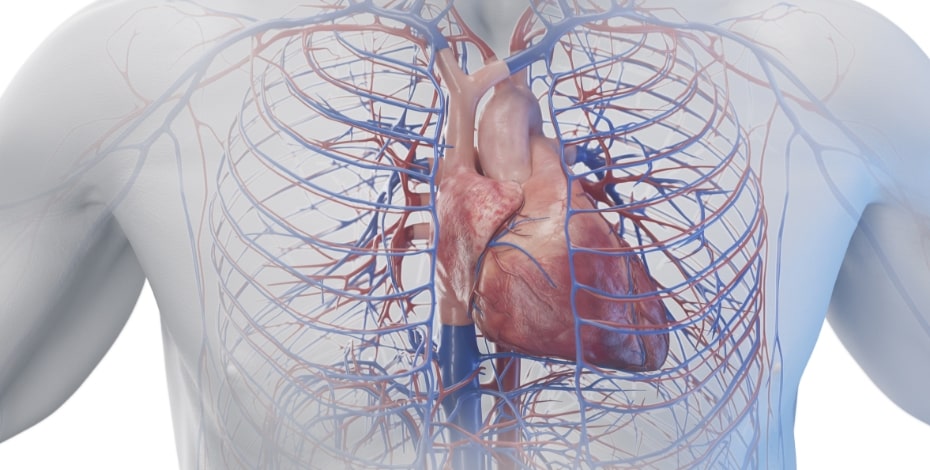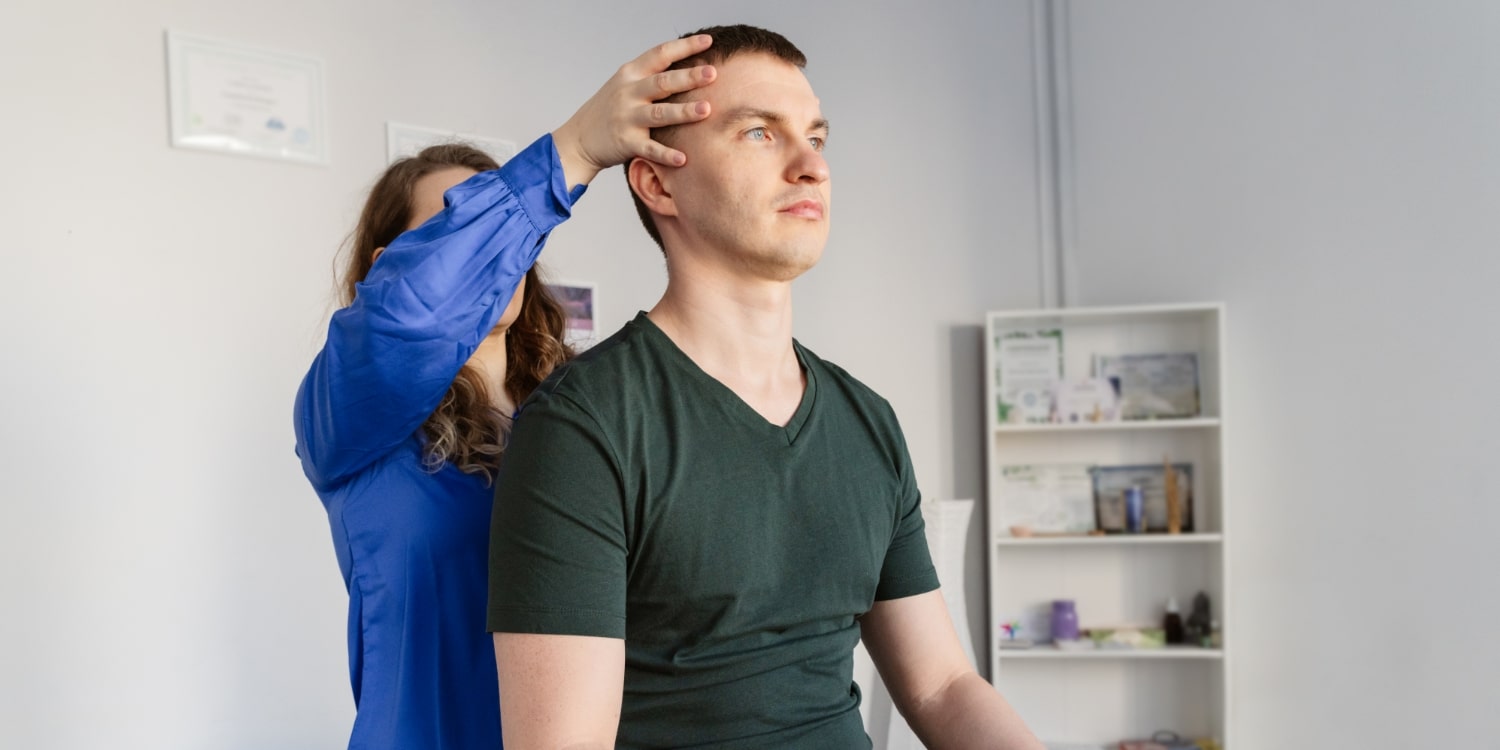
Respiratory muscle training before cardiac surgery

Patients undergoing cardiac surgery have an increased risk of developing postoperative pulmonary complications, which are both expensive and dangerous.
An international collaboration of physiotherapists reviewed the evidence about whether preoperative respiratory muscle training can prevent these complications.
The first author, José de Moura, answers questions about the review.
Why are cardiac surgery patients particularly at risk of postoperative pulmonary complications?
This patient population is typically older and presents with multiple coexisting diseases.
Cardiac surgery is a highly traumatic procedure that triggers a substantial endocrine and metabolic response, significantly impacting respiratory physiology.
The use of extracorporeal bypass introduces additional challenges, leading to notable alterations in respiratory function and a pronounced release of cytokines.
Studies have consistently demonstrated the severity of these complications, revealing a cardiac surgery mortality rate of approximately 3.4 per cent, with 10 per cent of deaths attributed to pneumonia.
To put this into perspective, the mortality rate for major abdominal cancer surgery is notably lower at 0.17 per cent, underscoring the high risk associated with cardiac surgery.
Is respiratory muscle training effective in preventing complications in other (non-cardiac) types of surgery?
Yes, respiratory muscle training has demonstrated effectiveness in preventing complications in other major surgery types, with varying degrees of success.
One systematic review revealed a significant reduction in pneumonia rates for thoracic surgery (RR 0.44; 95 per cent CI 0.23 to 0.84) and upper abdominal surgery (RR 0.70; 95 per cent CI 0.50 to 0.99).
Conversely, findings from another study did not show a significant benefit in pneumonia reduction after major abdominal surgery (RR 0.46; 95 per cent CI 0.16 to 1.33).
It’s important to note that, compared to other types of surgical intervention, cardiac surgery appears to derive the greatest benefit from respiratory muscle training.
How much evidence did you find about the effects of respiratory muscle training before elective cardiac surgery?
Our systematic review included eight trials, involving a total of 696 participants.
The findings align consistently with prior systematic reviews, demonstrating a substantial reduction in respiratory complications.
We employed the GRADE approach to assess the quality of evidence for each studied outcome.
This underscores the robustness and reliability of our findings, providing a comprehensive understanding of the impact of preoperative respiratory muscle training on postoperative outcomes of cardiac surgery.
What effects did it have?
Reduction in respiratory complications grade 2 or above: RR 0.51, 95 per cent CI 0.38 to 0.70 (moderate quality evidence); reduction in pneumonia: RR 0.44, 95 per cent CI 0.25 to 0.78 (high quality evidence); reduction in hospital stay: MD -1.7 days, 95 per cent CI -2.4 to -1.1 (high quality evidence); increase in maximal inspiratory pressure: MD 12 cmH2O, 95 per cent CI 8 to 16 (high quality evidence).
What about costs and risks?
The overall cost of this intervention is remarkably affordable.
It does not necessitate sophisticated equipment and the training can be conveniently conducted either at home or within a hospital setting.
Importantly, it does not mandate the continuous presence of a therapist during each session.

Jose de Moura.
The only essential equipment is a respiratory trainer, which is inexpensive, particularly in its basic versions.
No adverse events were reported in any of the clinical trials included in our study.
Do you think the effects are large enough to warrant routine use of respiratory muscle training before cardiac surgery?
Serious consideration should be given to the incorporation of respiratory muscle training before cardiac surgery.
The risk of pulmonary complications in general and pneumonia specifically were each reduced by about half and length of hospital stay was shortened by almost two days.
This low-cost intervention can be seamlessly implemented either at home or in a hospital setting, requiring only basic supervision.
No side effects or complications were reported in any clinical trial and the training also demonstrated effectiveness within a short period.
These findings underscore the potential of preoperative respiratory muscle training as a safe, accessible and impactful strategy to enhance postoperative outcomes in cardiac surgery patients.
Where should research in this area go next?
Future research should investigate the most efficient training protocol and determine its optimal duration to achieve the desired results.
Additionally, the impact of therapist presence during training sessions should be evaluated as a potential factor in enhancing the overall effectiveness of the training.
COURSE OF INTEREST: Cardiorespiratory Physiotherapy Level 1-Part A here.
>>José de Moura is an anaesthesiologist with 30 years of experience, primarily working in public teaching hospitals and focusing on major surgeries and critically ill patients, particularly in cardiac surgery. He is also a professor in the Medical School at the University of Western São Paulo, Brazil.
© Copyright 2023 by Australian Physiotherapy Association. All rights reserved.





